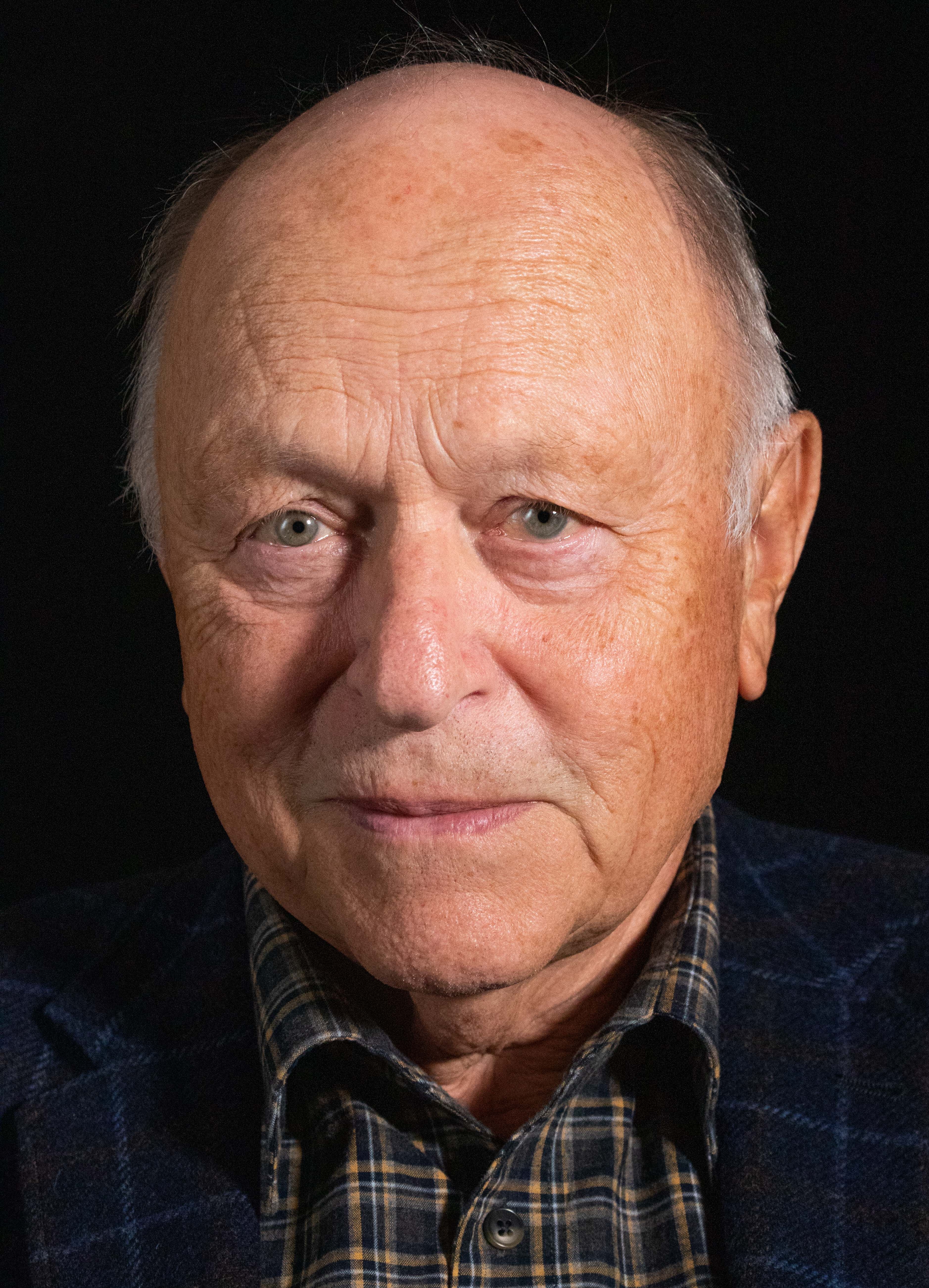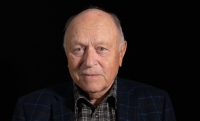You just mustn’t get stuck in the role of a victim. Home is where you can help create things

Download image
Johann Böhm was born into a German family in Dasnice (German: Dasnitz) on 18 October 1938. He had three siblings, Harald, Anna, and Gudrun. The family owned a farm and a grocery shop. After Germany capitulated in 1945 and the American army left in summer 1946, administration of the area was taken up by the Czechs. Germans had to wear a white armband. One Czech man was interested in the Böhms’ house, and so the family was forcibly evicted. In early April 1946 the Böhms were sent to the internment camp in Sokolov (called Falknov nad Ohří until 1948); after several further transfers, they arrived at a farm in Wülfershausen, Germany. In 1946 Johann began attending school again after a year’s break. He completed secondary school in Würzburg. After studying law, he worked as a clerk at a courthouse and was then appointed as a member of the local government in Lower Franconia. For a total of 29 years, he was an active MP in the Bavarian State Parliament, even heading the Bavarian State Chncellery in 1990. He served as President of the Bavarian State Parliament from 1994 to 2003. He does not feel to be a welcome guest in his former homeland. Johann Böhm lives in Bavaria, and he and his wife raised three children.

